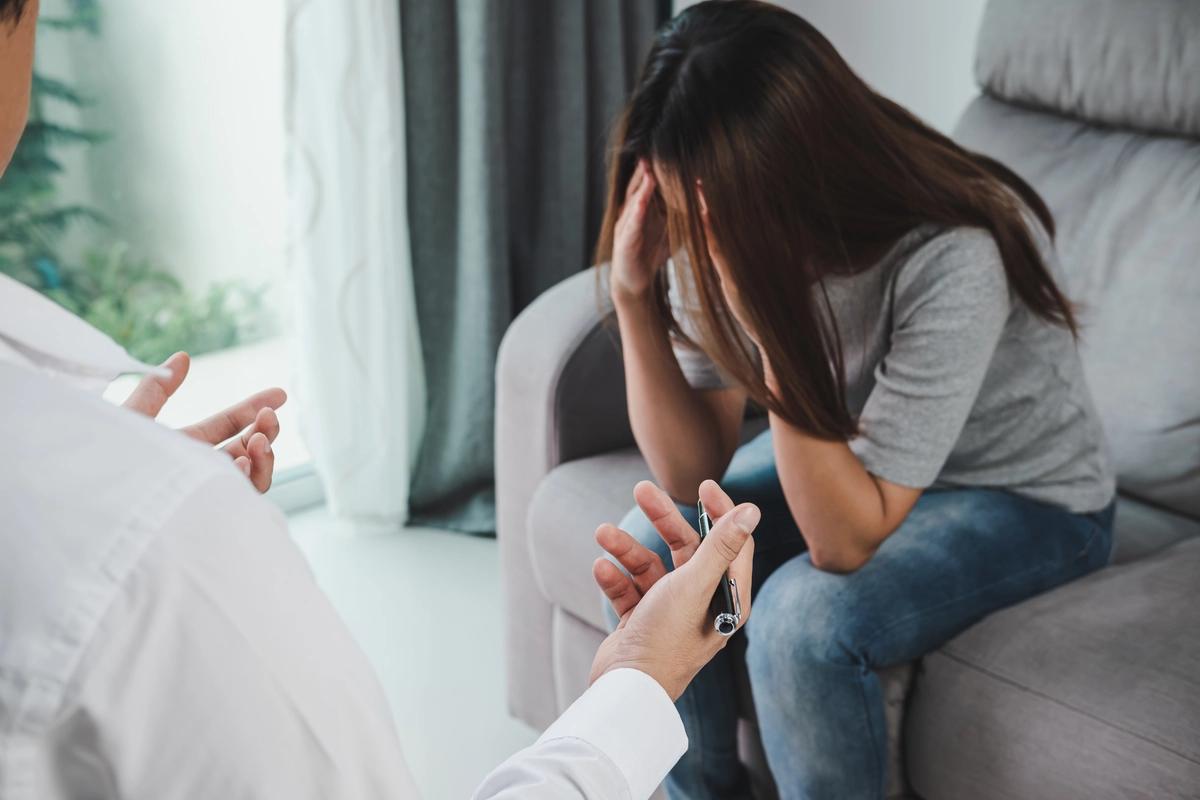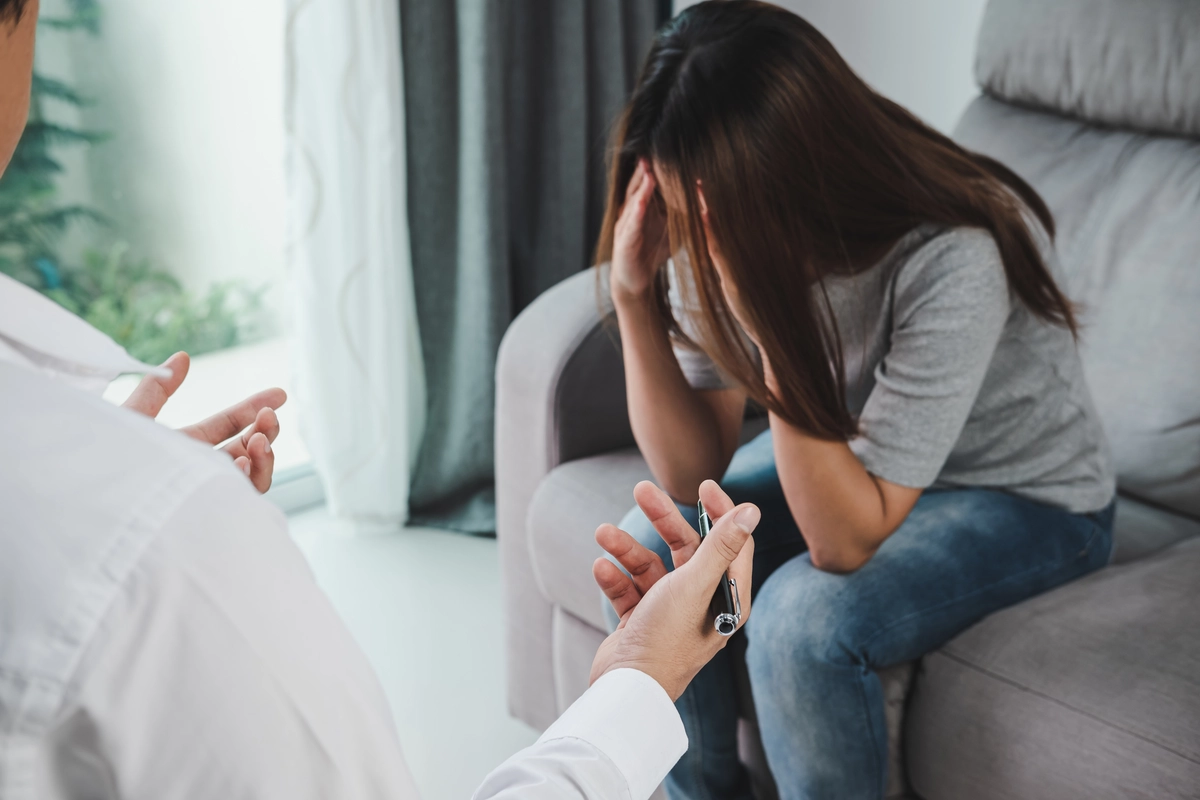24/7 Helpline:
(866) 899-221924/7 Helpline:
(866) 899-2219
Learn more about PTSD Treatment centers in Hoskins
PTSD Treatment in Other Cities

Other Insurance Options

AllWell

Oxford

BHS | Behavioral Health Systems

Cigna

Amerigroup

Absolute Total Care

Multiplan

Regence

Sliding scale payment assistance

Medical Mutual of Ohio

UMR

Coventry Health Care

Covered California

Optima

Providence

Health Net

Aetna

PHCS Network

United Health Care

Lucent












